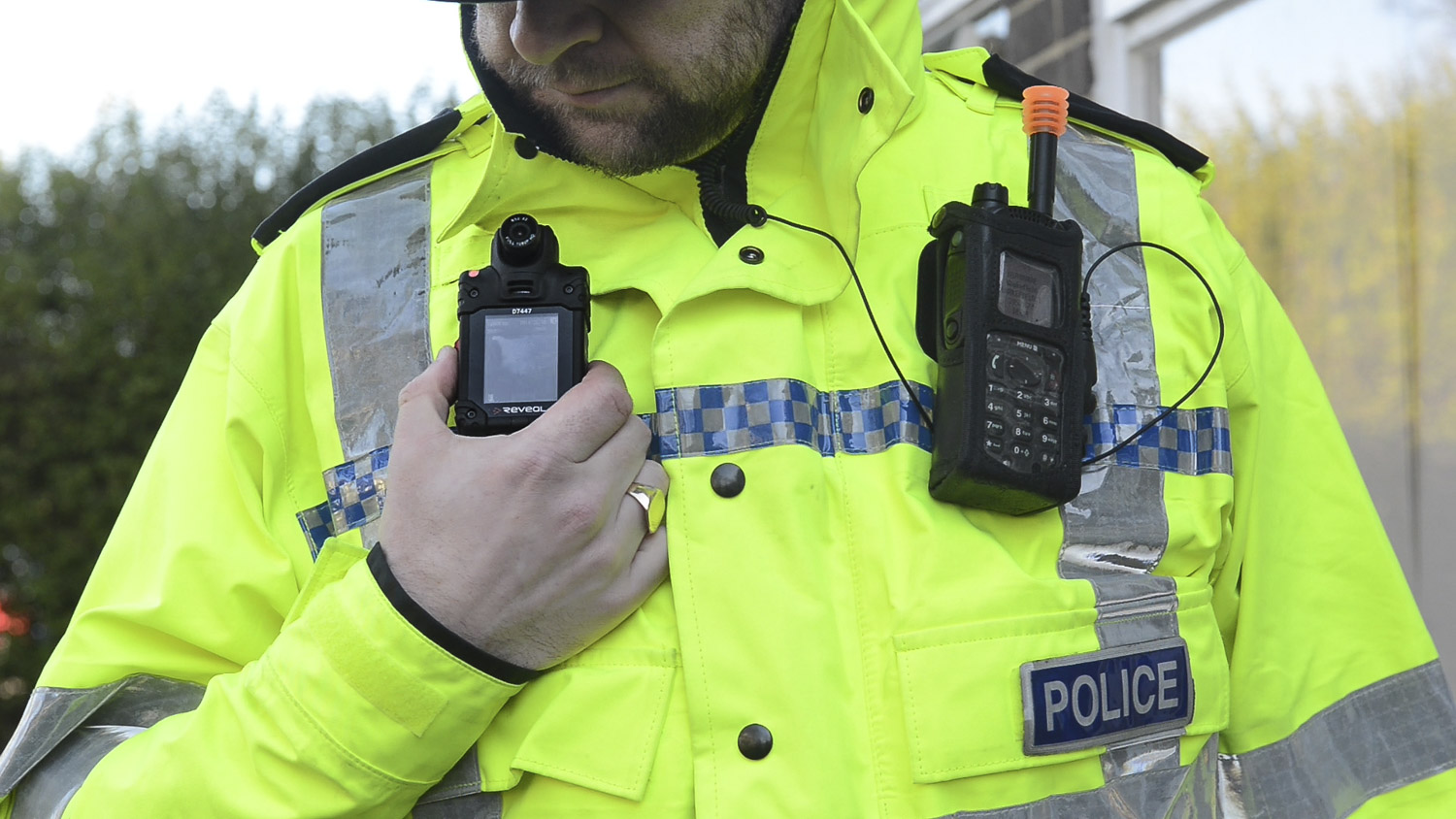Body-worn cameras “can reduce complaints against officers”
POLICE body cameras can dramatically reduce the number of complaints against officers, new research has suggested.
A Cambridge University study showed complaints by members of the public against officers fell by 93% over 12 months compared with the year before.
Almost 2,000 officers across four UK forces and two US police departments were monitored for the project.
Dr Barak Ariel, who led the research, said no other policing measure had led to such “radical” changes.
The study aimed to find out if the use of cameras, which are usually clipped to the top half of an officer’s uniform, affected complaints against police made by the public.
The experiment involved police officers from Northern Ireland, the West Midlands, West Yorkshire, and Cambridgeshire, as well as the two police departments in California, working for a total of almost 1.5 million hours.
The findings, published in the journal Criminal Justice and Behaviour, showed there were 113 complaints made against officers during the year trial period, compared with 1,539 in the 12 months before – a reduction of 93%.
Dr Ariel, who is based at the Cambridge Institute of Criminology, said: “I cannot think of any [other] single intervention in the history of policing that dramatically changed the way that officers behave, the way that suspects behave, and the way they interact with each other.”
He said the results indicated both police and the public were adjusting their behaviour.
“Once [the public] are aware they are being recorded, once they know that everything they do is caught on tape, they will undoubtedly change their behaviour because they don’t want to get into trouble.
“Individual officers become more accountable, and modify their behaviour accordingly, while the more disingenuous complaints from the public fall by the wayside once footage is likely to reveal them as frivolous.”
Body-worn cameras were first introduced a decade ago and are now becoming a standard piece of police equipment in the UK.

